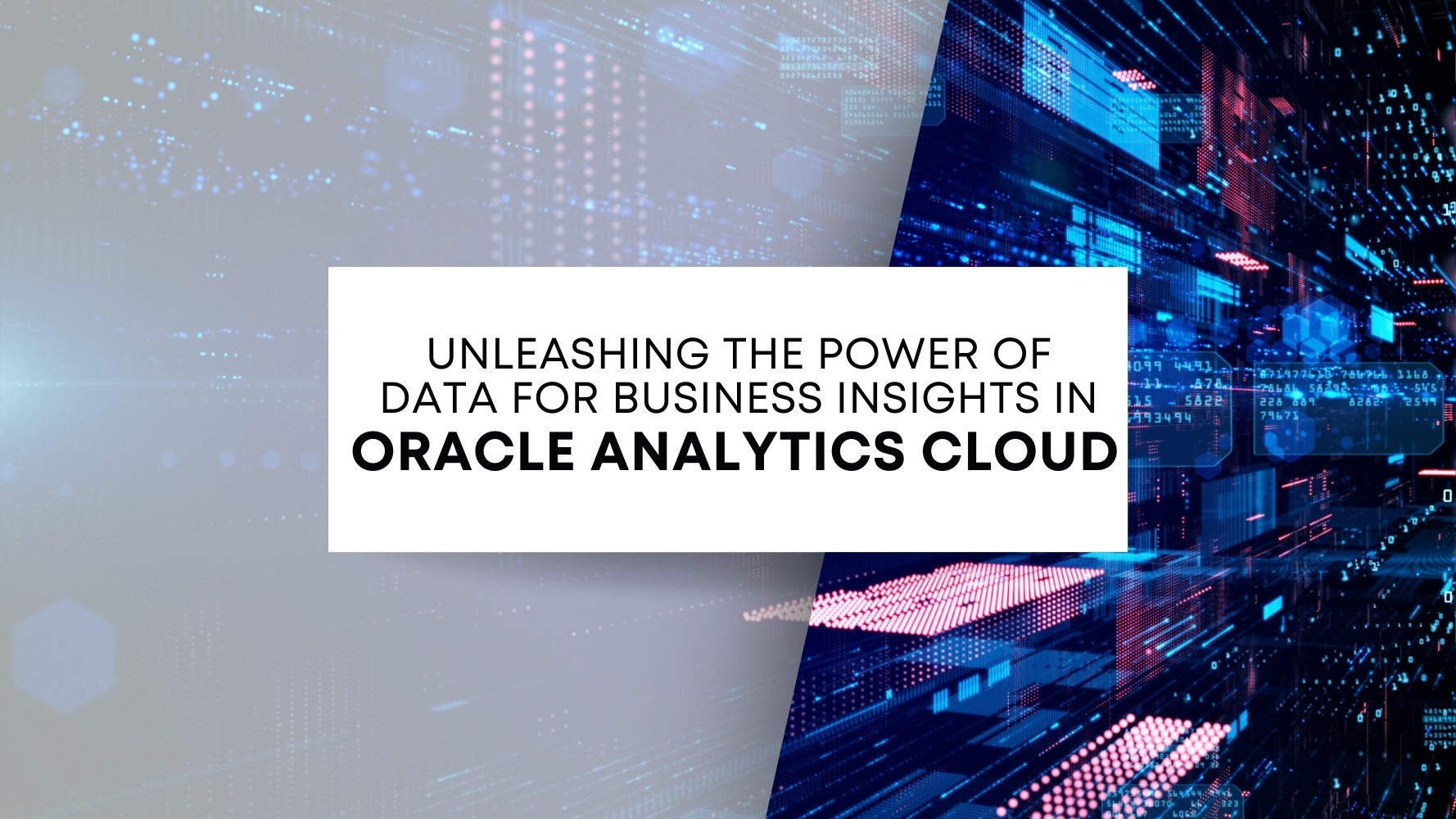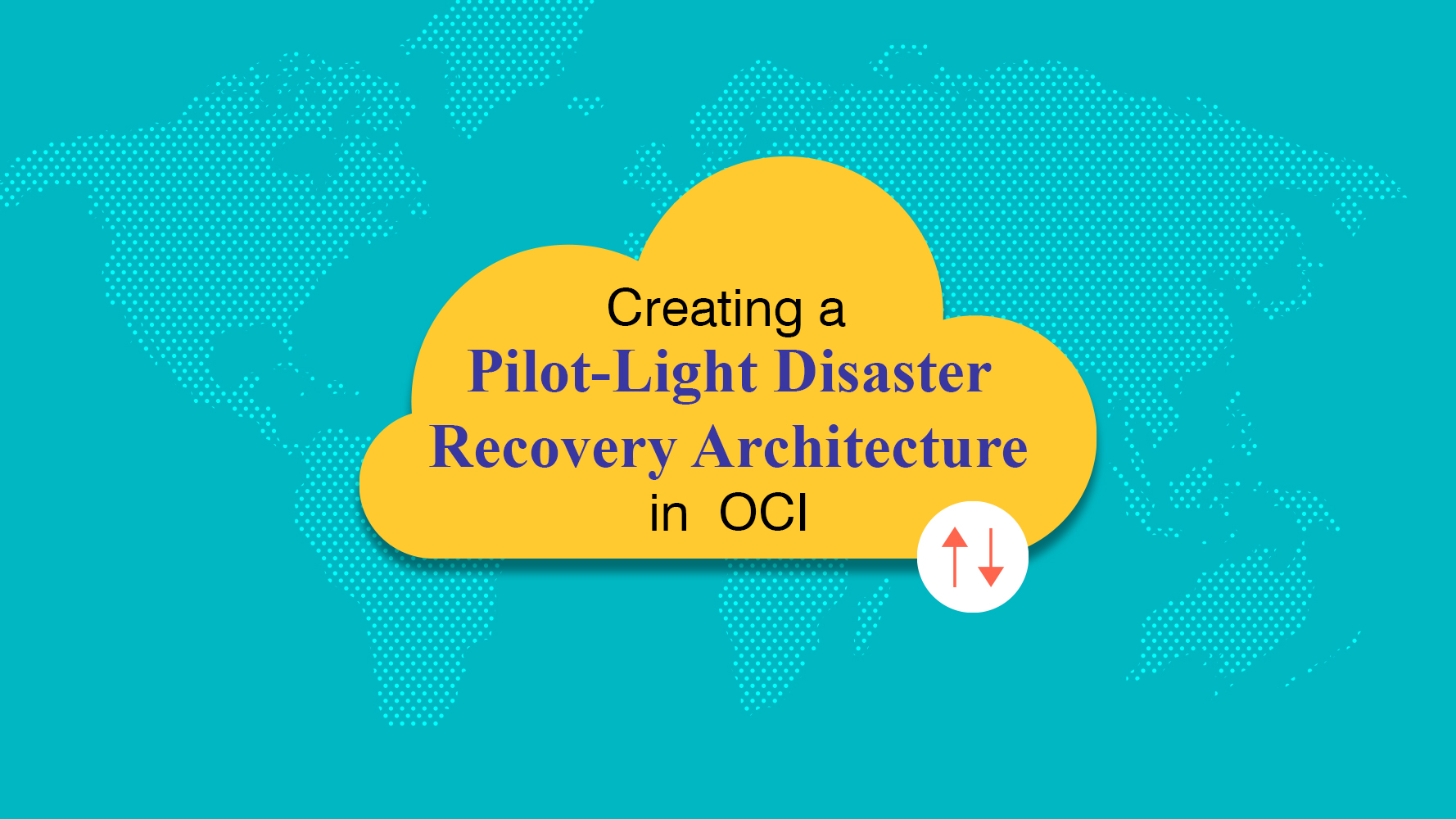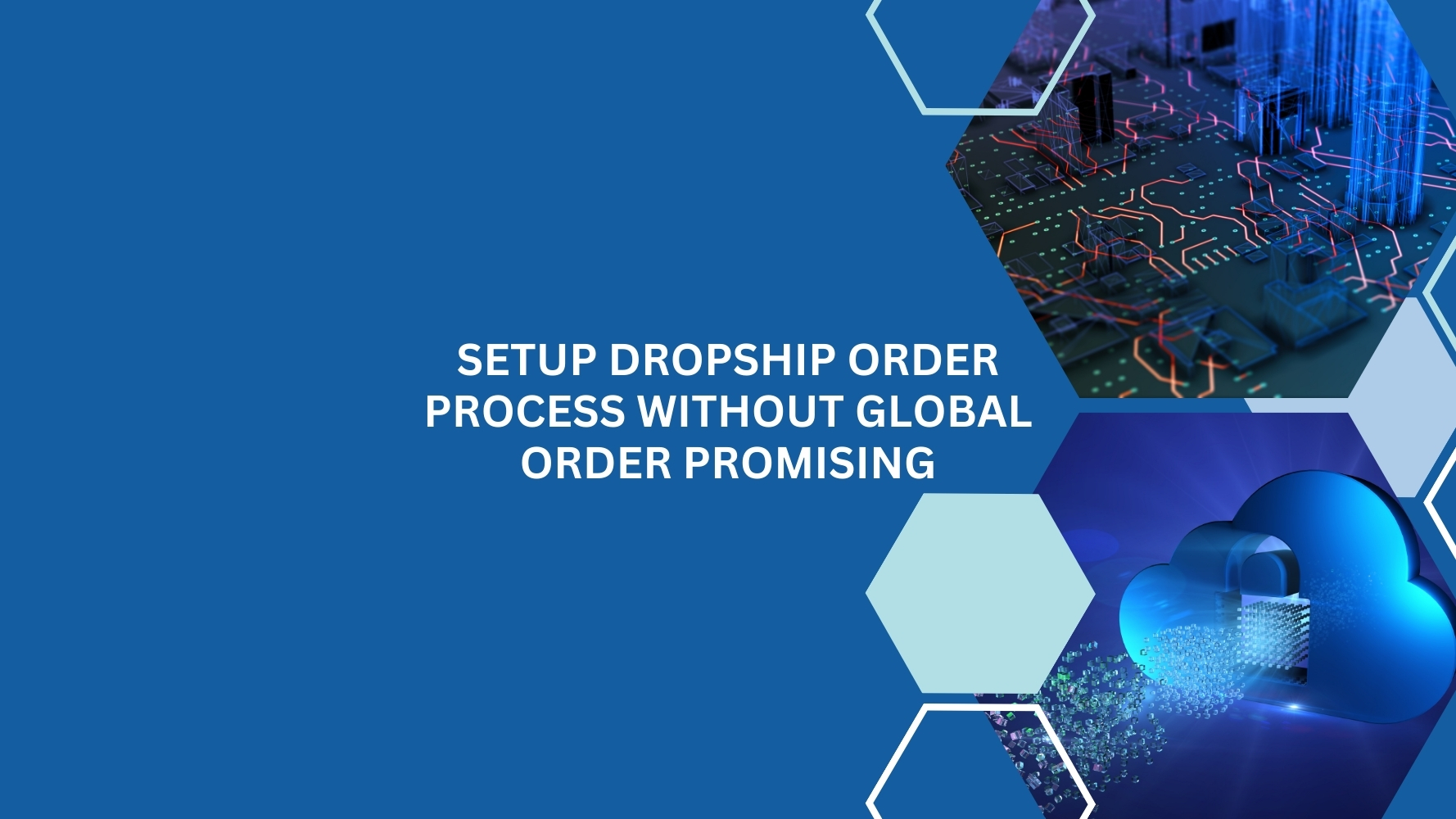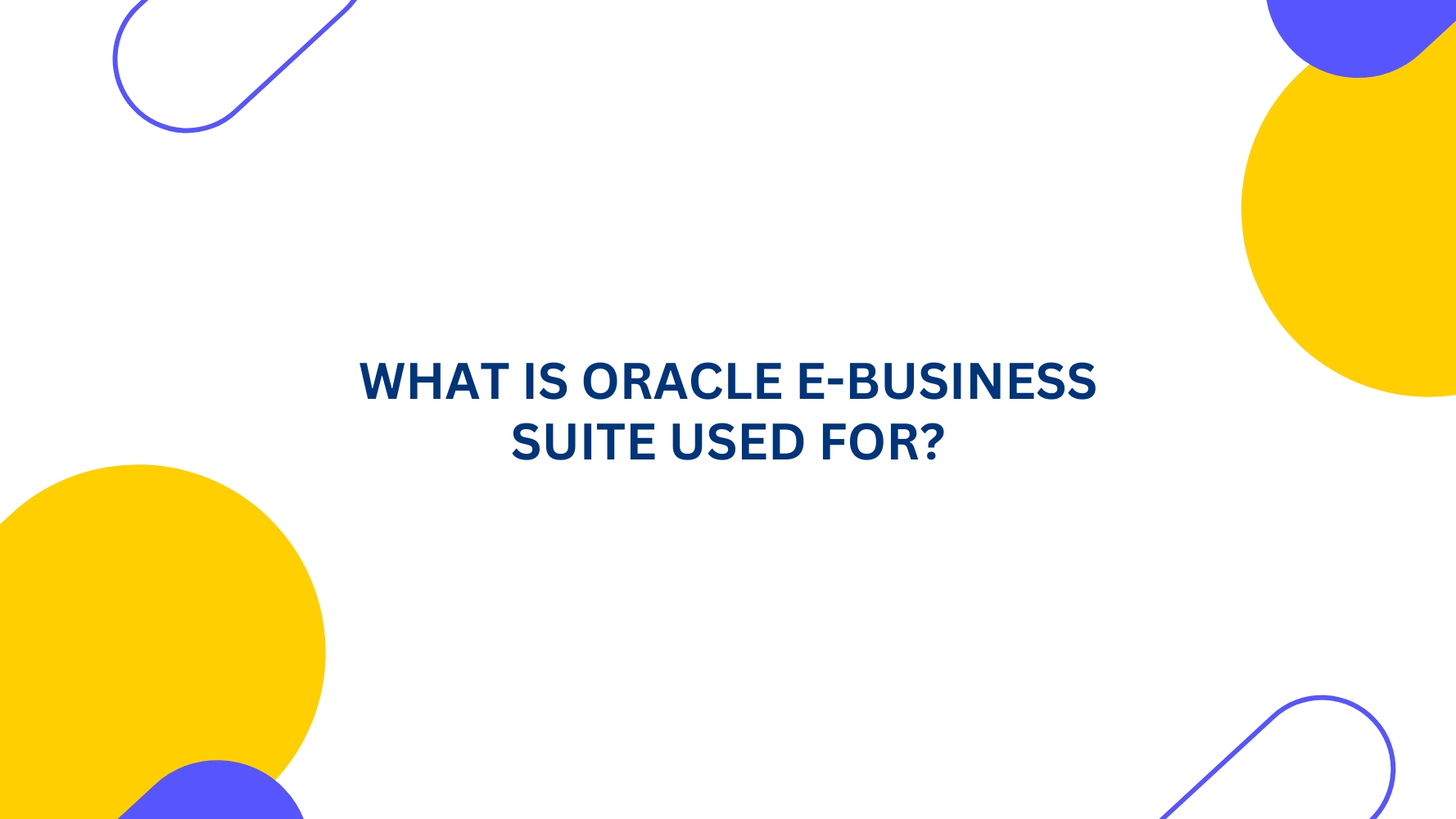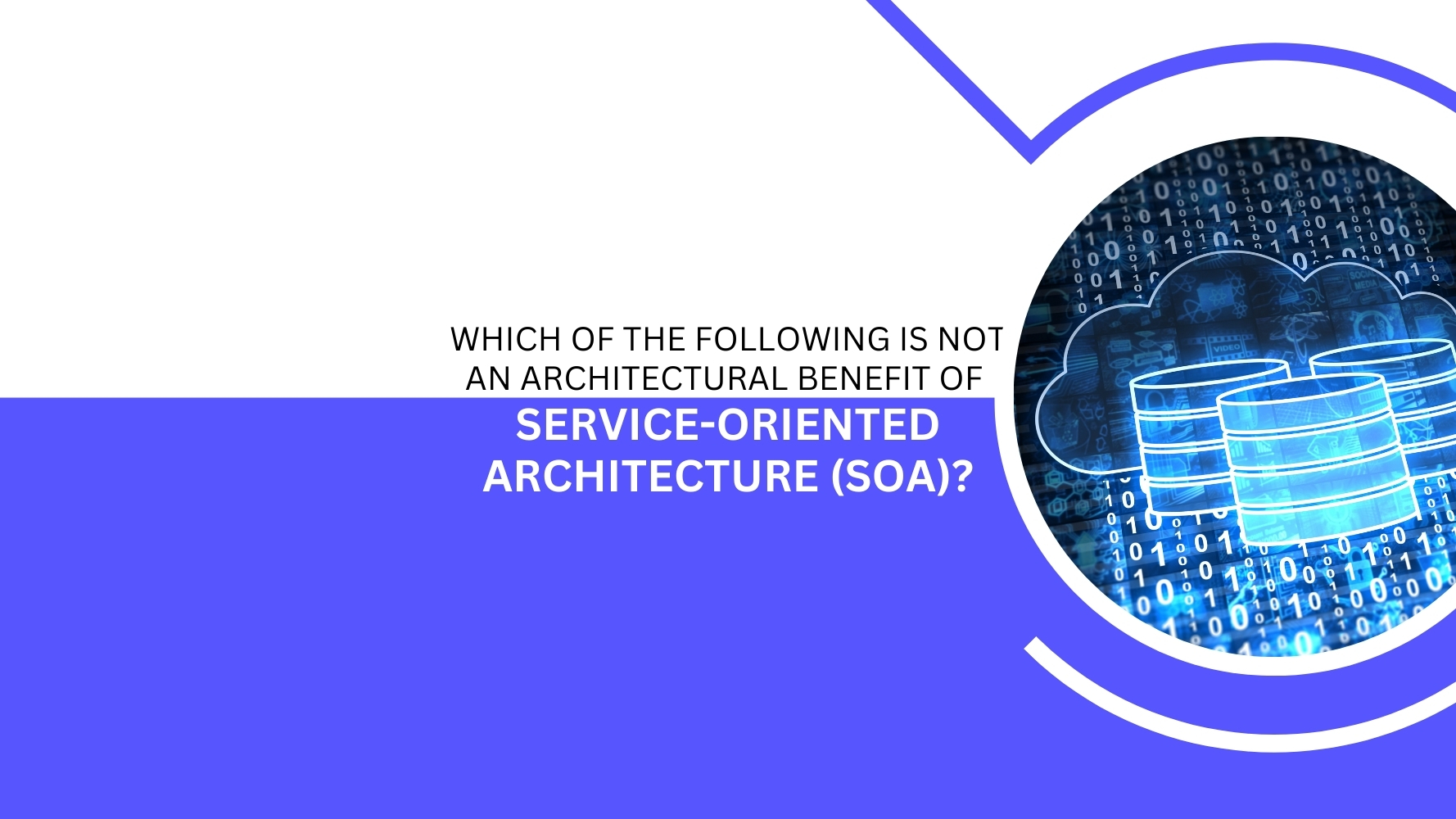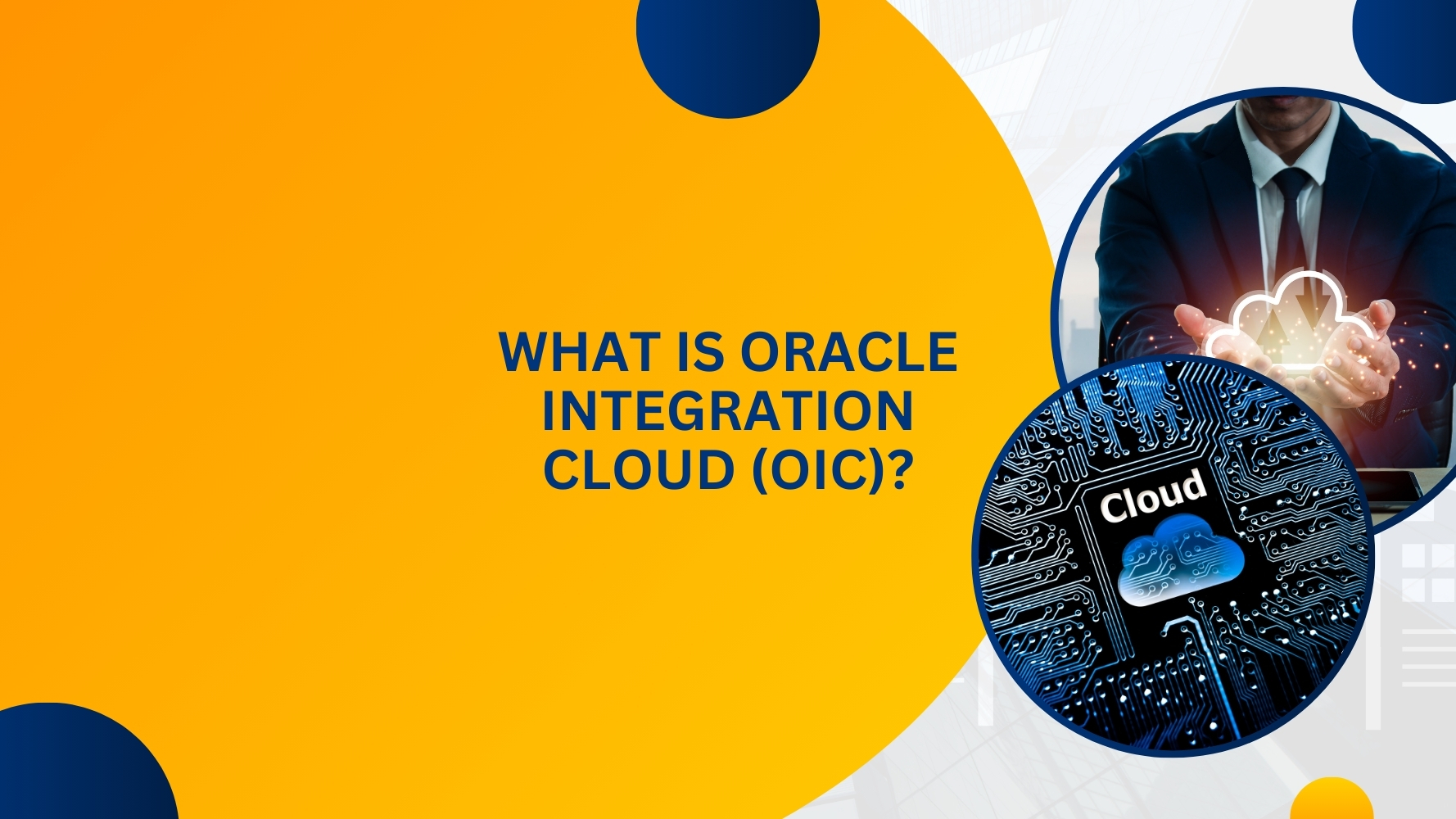In today’s data-driven world, businesses are constantly bombarded with information. The sheer volume of data, from customer transactions and social media interactions to operational logs and sensor data, can be overwhelming. However, within this vast sea of information lies a hidden treasure trove of valuable insights that can inform strategic decision-making, optimize operations, and drive business growth.
This is where Oracle Analytics Cloud (OAC) comes in. As part of the comprehensive suite of Oracle Cloud solutions, OAC empowers businesses to unlock the power of their data and glean valuable insights easily. But OAC doesn’t operate in isolation. It thrives within a well-integrated data ecosystem facilitated by other Oracle Cloud solutions.
Building a Robust Data Ecosystem with Oracle Cloud
Imagine a symphony where each instrument plays a part to create a harmonious melody. That’s how Oracle Cloud solutions create a robust data ecosystem for seamless data management and analysis. Here are the key players:
- Oracle NetSuite: This cloud-based ERP system is the backbone of your financial data. It manages core business processes like financials, inventory, and customer relationships, creating a central repository for vital business information.
- Oracle Fusion Cloud Applications: This expansive suite offers functionalities ranging from Human Capital Management (HCM) and Supply Chain Management (SCM) to Enterprise Performance Management (EPM). Each application contributes valuable points to the overall data landscape, painting a more comprehensive picture of your business operations.
- Fusion Analytics Warehouse (FAW): Built on Oracle Exadata, FAW is the high-performance data warehouse within Oracle Cloud. It’s the conductor of the data orchestra. FAW takes data from NetSuite, Fusion Applications, and other sources, ingests, cleanses, and transforms it into a unified data lake. This lake becomes the single source of truth for advanced analytics in OAC.
Benefits of a Robust Data Ecosystem:
By leveraging this integrated data ecosystem, businesses gain several advantages:
- Improved Data Quality: Data cleansing and transformation in FAW ensures high-quality data for analysis in OAC, leading to more reliable insights.
- Simplified Data Integration: Oracle Cloud solutions offer pre-built connectors and functionalities for seamless data integration, eliminating the need for complex custom integrations.
- Holistic Business View: Unifying data from various sources allows you to analyze your business holistically, identifying correlations and trends that might not be evident from siloed data sets.
Unleashing the Power of Oracle Analytics Cloud
Oracle Analytics Cloud sits at the heart of this data ecosystem, ready to transform your data into actionable insights. OAC empowers users of all skill levels to easily explore and analyze data. Here are some key features that make OAC a powerful data exploration tool:
- Self-Service Analytics: Forget relying on IT for basic data analysis. OAC’s intuitive interface allows users to independently create interactive dashboards, reports, and visualizations. Business analysts can dive deeper into data, identify trends, and generate reports without waiting for IT assistance.
- Data Visualization Revolution: Move beyond static spreadsheets. OAC provides rich built-in data visualization tools to create compelling charts, graphs, and maps that bring your data to life. These visual representations help users quickly identify patterns, anomalies, and trends within the data, leading to more informed decision-making.
- Machine Learning Integration: Embrace the power of AI! OAC integrates seamlessly with Oracle Machine Learning, allowing you to leverage automation for anomaly detection, predictive analytics, and more sophisticated insights. This can help you identify problems before they occur, predict future customer behavior, and optimize marketing campaigns with increased effectiveness.
- Collaboration and Storytelling: Data insights aren’t meant to live in isolation. OAC fosters collaboration by allowing users to share dashboards, reports, and insights with colleagues. Users can annotate visualizations, add commentary, and create data-driven narratives to effectively communicate findings across the organization. Imagine a marketing team presenting data-driven insights to executives, leading to a more targeted marketing strategy.
Benefits of Using Oracle Analytics Cloud for Business Insights
The advantages of leveraging Oracle Analytics Cloud extend far beyond creating pretty charts. Here’s how OAC can transform your business:
- Improved Decision-Making: Data-driven insights empower businesses to move beyond intuition and make informed decisions based on factual evidence. OAC helps you identify trends, predict future outcomes, and optimize strategies more confidently.
- Enhanced Operational Efficiency: Data visualization tools in OAC help identify bottlenecks and inefficiencies within your operations. Imagine analyzing production line data to understand why specific processes are lagging. By identifying these bottlenecks, you can streamline workflows and optimize resource allocation, increasing efficiency and cost savings.
- Increased Customer Satisfaction: In today’s customer-centric world, understanding customer needs is paramount. Customer data from CRM systems like NetSuite can be analyzed in OAC to understand customer behavior and preferences. This allows you to develop targeted marketing campaigns, personalize customer experiences, and provide exceptional service, increasing customer satisfaction and loyalty.
- Reduced Costs: Data-driven insights can help businesses identify areas for cost savings. OAC allows for better budgeting, forecasting, and financial planning by analyzing financial data from NetSuite. This improved financial oversight translates to better cost control and optimized resource allocation.
- Competitive Advantage: Businesses can gain a significant edge over their competitors by effectively leveraging data analytics. Imagine analyzing sales data to identify high-performing products or regions, allowing you to tailor strategies for maximum market impact. OAC empowers businesses to make data-driven decisions that drive innovation and growth, leaving competitors behind.
Implementing Oracle Analytics Cloud: A Step-by-Step Guide
Now that we’ve explored the potential of Oracle Analytics Cloud (OAC) and the data ecosystem that fuels it, let’s delve into the practical steps for implementing it within your organization:
- Define Your Data Analytics Goals:
Start with the big picture. What kind of insights are you seeking? Are you looking to:
- Improve sales performance by identifying high-value customer segments and predicting customer churn rates.
- Optimize marketing campaigns by analyzing campaign effectiveness and measuring return on investment.
- Gain a deeper understanding of customer behavior to personalize experiences and increase satisfaction.
- Boost operational efficiency by identifying bottlenecks in production lines or streamlining supply chain management.
Clearly defining your goals will help you determine the specific data sources and functionalities of OAC that you need to prioritize.
- Identify Your Data Sources:
Next, it’s time to map out your data landscape. Data resides in various locations like:
- Oracle NetSuite: Financial data, customer information, inventory details.
- Oracle Fusion Cloud Applications: Data from HCM, SCM, and EPM applications specific to your business functions.
- External databases: CRM systems, marketing automation tools, or other data sources providing valuable insights.
- Flat files: Spreadsheets, CSV files, or log files containing operational data.
Develop a comprehensive inventory of all potential data sources and determine how they can be integrated with OAC. If you manage data from multiple Oracle Cloud Applications, streamline this process by leveraging Fusion Analytics Warehouse (FAW). FAW pre-builds data pipelines and models for Oracle Cloud Applications, simplifying data integration and analysis.
- Secure User Access and Permissions:
Data security is paramount. Oracle Analytics Cloud offers granular access controls so you can determine which users or groups have access to specific data sets and functionalities. For example, the sales team may need access to customer data for lead generation, while the finance department focuses on financial reports and dashboards. Defining clear user roles and permissions ensures data security and compliance with regulations.
- User Training and Adoption:
Don’t let OAC become a hidden gem within your organization. Invest in user training! Oracle provides various resources and training programs to help users of all skill levels become proficient in data exploration, visualization, and analysis. Encourage a culture of data-driven decision-making within your organization. The more employees who can access and analyze data, the more opportunities you have to unlock its potential.
- Integrate with Existing Business Processes:
Don’t let insights live in isolation. Embed data insights and reporting from OAC into your existing business processes. For example, integrate dashboards and reports into your CRM system to provide sales reps with real-time customer data and analytics. This ensures that data is readily available throughout your organization, allowing employees to make informed decisions based on real-time insights.
Conclusion
In conclusion, Oracle Analytics Cloud is a powerful tool for any organization seeking to harness the power of data. By leveraging a well-integrated Oracle Cloud ecosystem and embracing emerging trends in data analytics, businesses can unlock a future of intelligent decision-making, innovation, and unparalleled growth. As the data landscape evolves, Oracle Analytics Cloud offers a flexible and scalable platform that empowers businesses to stay ahead of the curve and thrive in the data-driven age. With its intuitive interface, comprehensive features, and seamless integration within the Oracle Cloud ecosystem, OAC is a game-changer for businesses seeking to unlock the true potential of their data.
Ready to unleash the power of data within your organization? Explore Oracle Cloud and Oracle Analytics Cloud with our Oracle experts at Tangenz today!
